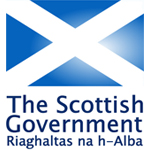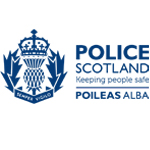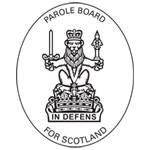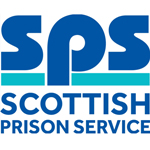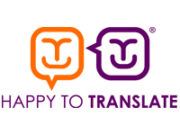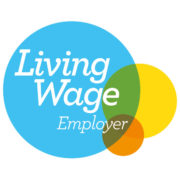Launch of Mind My Experience – the VSS Language Guide
A new guide on the appropriate language to use with victims, witnesses and families in the aftermath of crime, has been launched today by Victim Support Scotland (VSS).
‘Mind My Experience – the VSS Language Guide’ is a project that has been driven by the need to get language right for people that have come through traumatic experiences. Victim Support Scotland is aiming to positively influence a wide range of professionals, the public, and the media with the guide, in the hope that more sensitive language will be used to communicate with, and about, people impacted by crime.
The launch coincides with Victims’ Awareness Week running until 27 February. During the week, Victim Support Scotland has launched a new campaign – Mind My Voice – focussed on hidden victims and the untold stories of people that have come through crime.
Cabinet Secretary for Justice, Keith Brown, said:
“I welcome the development of Victim Support Scotland’s new Language Guide, which complements key priorities set out in the Scottish Government’s strategic vision for the justice sector.
“This fantastic guide is designed to assist organisations across the criminal justice system in using more sensitive language when supporting victims, witnesses, and their families.
“Language matters and it’s only right in this Victims Awareness Week we embrace such innovative measures which will enable a more trauma-informed justice system and one which empowers victims and witnesses to have their voices heard.
“It is vital that everyone across our diverse communities have confidence that their rights will be upheld, that they will be listened to and treated with compassion.”
The document includes guidance surrounding the use of the word ‘victim’ with those with lived experience preferring the term ‘people affected by crime’.
Many people who have come through crime do not view themselves as victims, and some prefer the term ‘survivor’.
The interpretation of words often varies from one person to the other, and often relies on the perception people have of the crime. An example of this is someone not feeling comfortable with the term ‘victim’ as they do not view the crime ‘serious enough’ to be viewed a victim.
The guide also encourages professionals to avoid using the word ‘evidence’ when it comes to the body of a loved one, highlighting the use of the person’s name as more appropriate to avoid re-traumatisation.
Kate Wallace, Chief Executive of Victim Support Scotland said: “We are delighted to today launch the much-needed VSS Language Guide.
“This guide is being launched to ensure everyone who is involved in someone’s journey through the criminal justice system and in the aftermath of crime understands that the use of language is paramount to the wellbeing of anyone who may be affected by crime.
“We hope this is the beginning of a wider conversation around both language and behaviour towards victims, witnesses and families and can provoke substantial change within the criminal justice system.”

